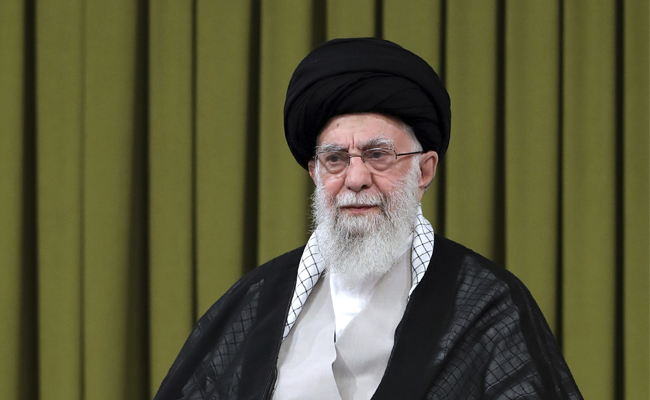Lucknow, Jan 24: The Lucknow franchise of the Indian Premier League will be called Lucknow Super Giants after its owners announced the name chosen by its fans.
The official IPL team of Lucknow, owned by RPSG Group, decided to take public opinions from its fans and the name was shared by owner Sanjiv Goenka in a video message on Monday.
"Thank you so much for your overwhelming response to the 'Naam banao naam kamao' contest. Lakhs and lakhs of people responded, based on that we are very happy to choose the name for the Lucknow IPL team," Goenka said in his message, while revealing the team name.
"And the name that we have chosen based on your recommendations is Lucknow Super Giants. Thak you so much for your response and love and continue to give us your blessings in the future as well."
The franchise owners had launched a consumer engagement campaign on social media on January 3 to decide the name of the new IPL side.
Lucknow and Ahmedabad will be the two new teams in the IPL from this year as the lucrative T20 tournament expanded its wings to become a 10-team contest.
KL Rahul will lead the Lucknow franchise in the upcoming IPL.
Besides the Lucknow franchise, which was bought by RSPG Group for a whopping Rs 7,090 crore, Ahmedabad is the other new team bring purchased by CVC Capital Partners for Rs 5,625 crore.
Team owner, Dr. Sanjiv Goenka, Chairman @rpsggroup unveils the name for the Lucknow IPL team. 😊👏🏼#LucknowSuperGiants #NaamBanaoNaamKamao #IPL2022 @IPL @BCCI @GautamGambhir @klrahul11 pic.twitter.com/TvGaZlIgFR
— Lucknow Super Giants (@TeamLucknowIPL) January 24, 2022
Let the Truth be known. If you read VB and like VB, please be a VB Supporter and Help us deliver the Truth to one and all.
Dubai: Multiple explosions have been reported in key cities across the Gulf, Al Jazeera reported.
In Dubai, Reuters reported that “several loud bangs” were heard across the city.
In Doha, residents reported at least 11 explosions in the sky above the city, according to Al Jazeera.
Al Jazeera’s Arabic channel reported air raid sirens sounding in Kuwait.
No further details are available at this stage.





